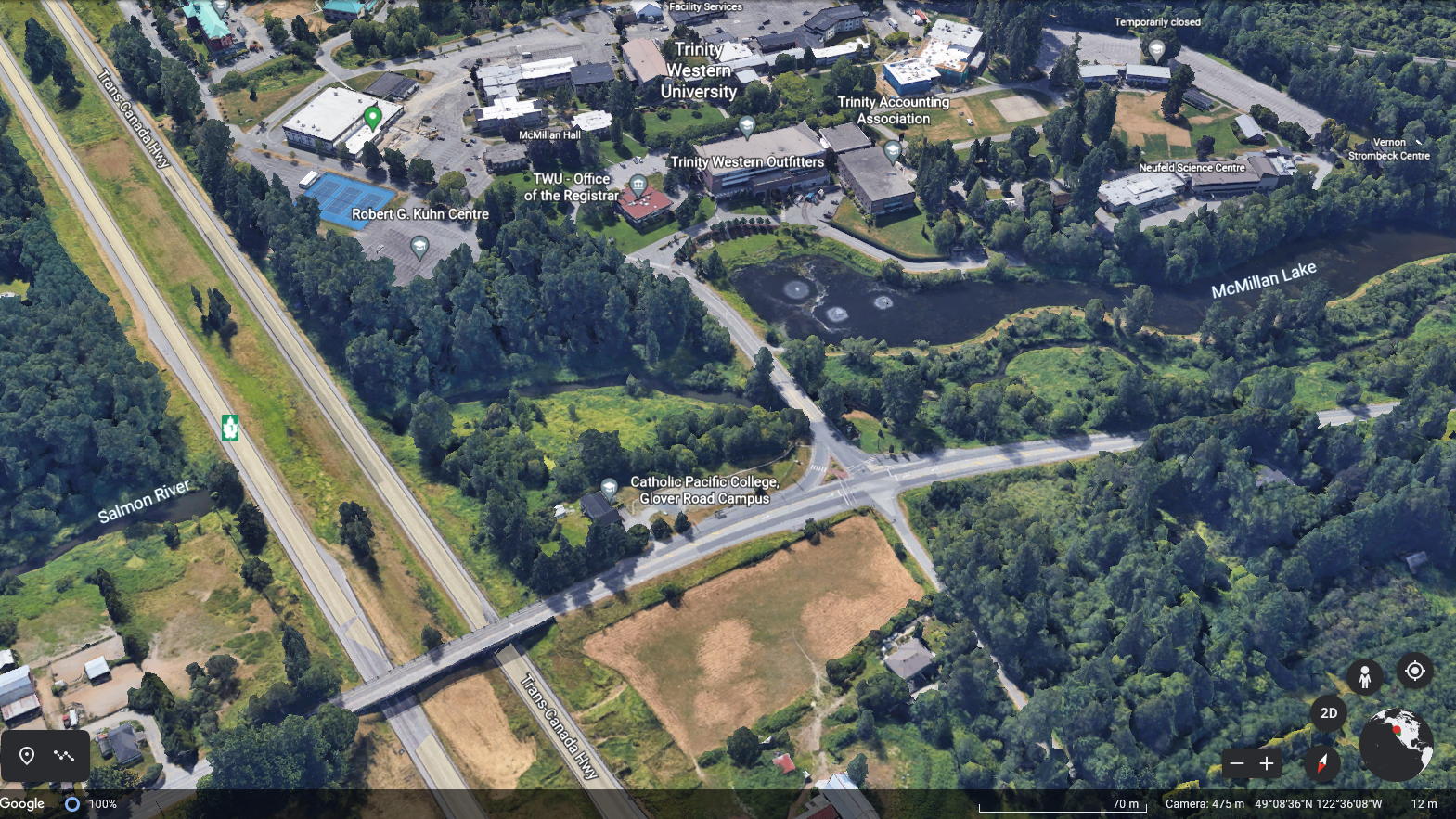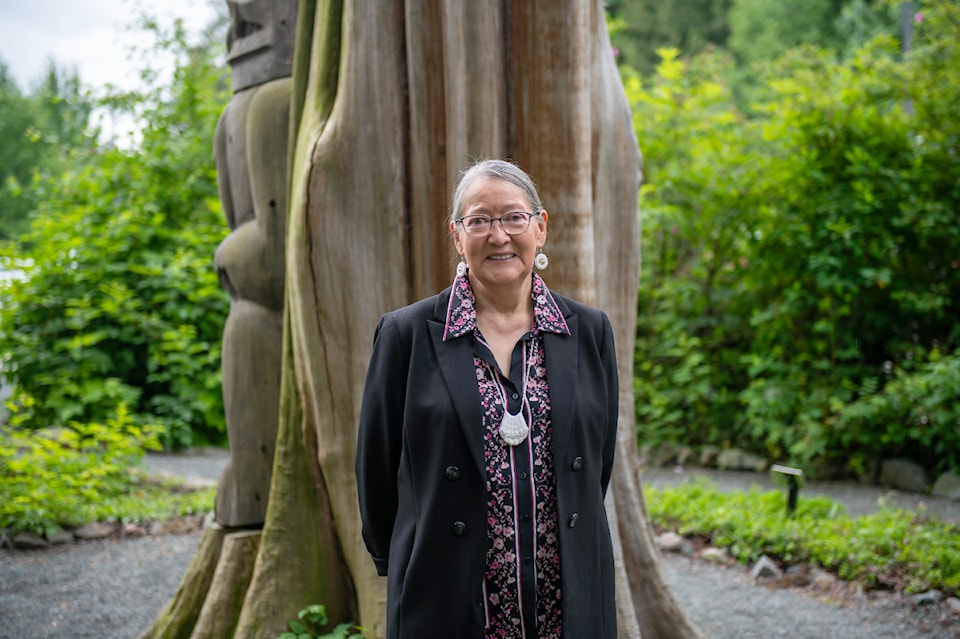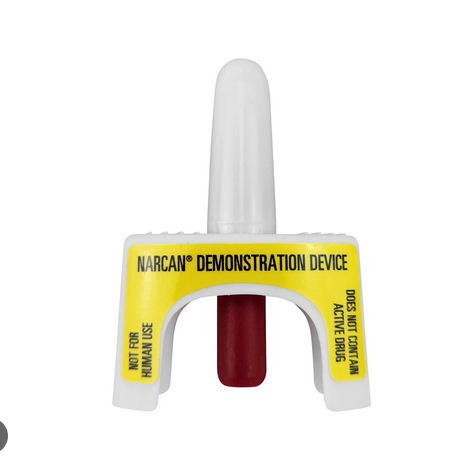Vancouver – Nathan Davidowicz is a long time transit advocate in the Lower Mainland and Fraser Valley:
The heart of the matter lies in understanding the importance of transit in the lives of Metro Vancouver residents.
Public Transit is not just about getting from point A to B; it is about fostering connections,reducing social isolation,and improving overall quality of lifeHowever, we must recognise that public transport goe
s beyond mere economics. It is a public service that underpins the very fabric of our society, ensuring that every individual, regardless of their means, can participate fully in community life.
Proper transit facilitates access to essential services, such as schools, healthcare, and local businesses. For many, it is the gateway to opportunities for education, employment, and social interactions.
Moreover, transit aligns with the larger vision of sustainability. As governments advocate for reducing car use to combat climate change, the need for reliable, efficient, and accessible transit becomes even more pressing. Returning to the Pre-COVID level of service encourages people to opt for greener modes of transportation, leading to a positive impact on the environment and reducing traffic congestion.
Furthermore, maintaining a comprehensive public transportation system reflects the values of an inclusive and caring society. It recognises the importance of ensuring that no segment of the community is left behind due to inadequate transportation options. For elderly residents, individuals with mobility challenges, and those who cannot afford private vehicles, a reliable transit service is not just a luxury but a lifeline
Transit Bill of Rights
1. Safe, accessible, affordable, reliable and environmentally sustainable public mass transportation
2. A system that gives equal merit to and respectfully fulfills the needs of all riders and communities, with no rider or community left out, marginalized, or disenfranchised
3. Dedicated and sustainable operating and capital funding for public mass transit supported by local, provincial and federal governments, with equitable distribution of resources system wide
4. Equitable sharing and distribution of public mass transit costs with corporations and other entities benefiting from the service
5. Public mass transit authority that is transparent, open-minded, inclusive, respectful, empathic and accessible to all riders
6. Living wages, benefits, safe working conditions, and union rights for public mass transit workers
Public mass transit provides many in our community basic mobility and primary transport to work, school, healthcare, shopping to support local businesses, access to healthy and nutritional food, to places of worship and voting, to recreational and wellness facilities, and most importantly, to foster relationships with family and friends.
In Solidarity
Nathan Davidowicz








